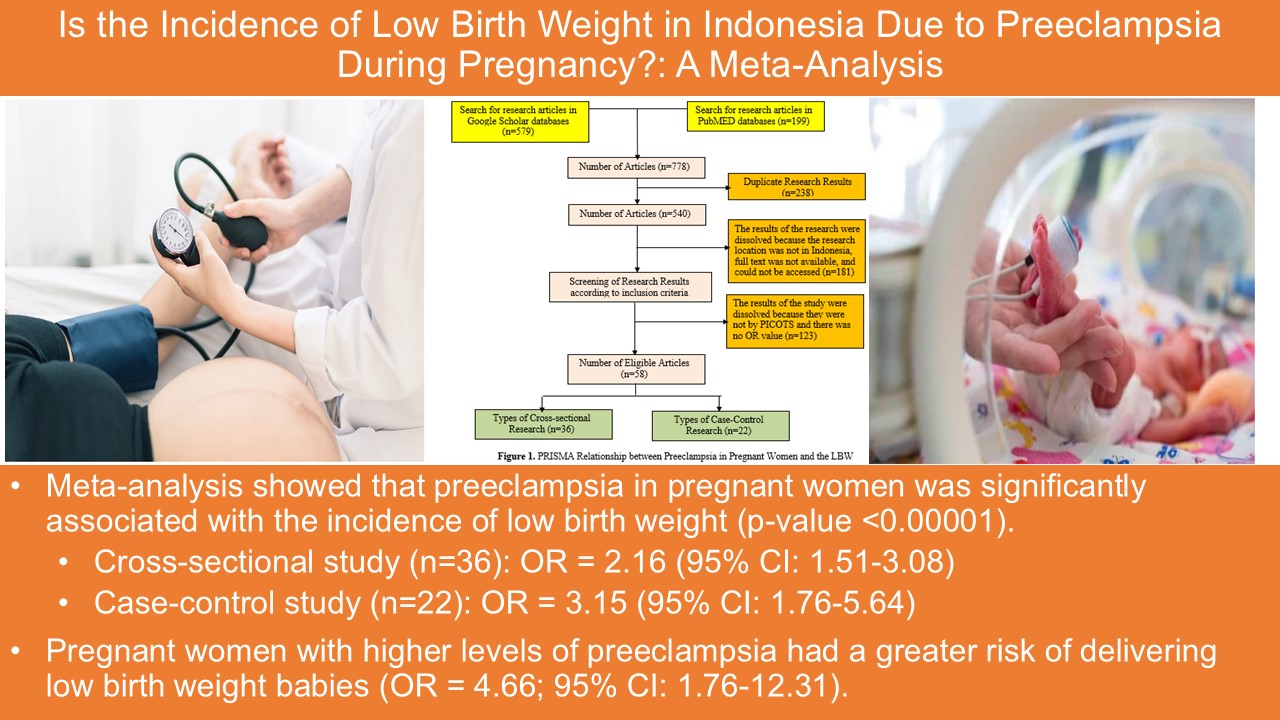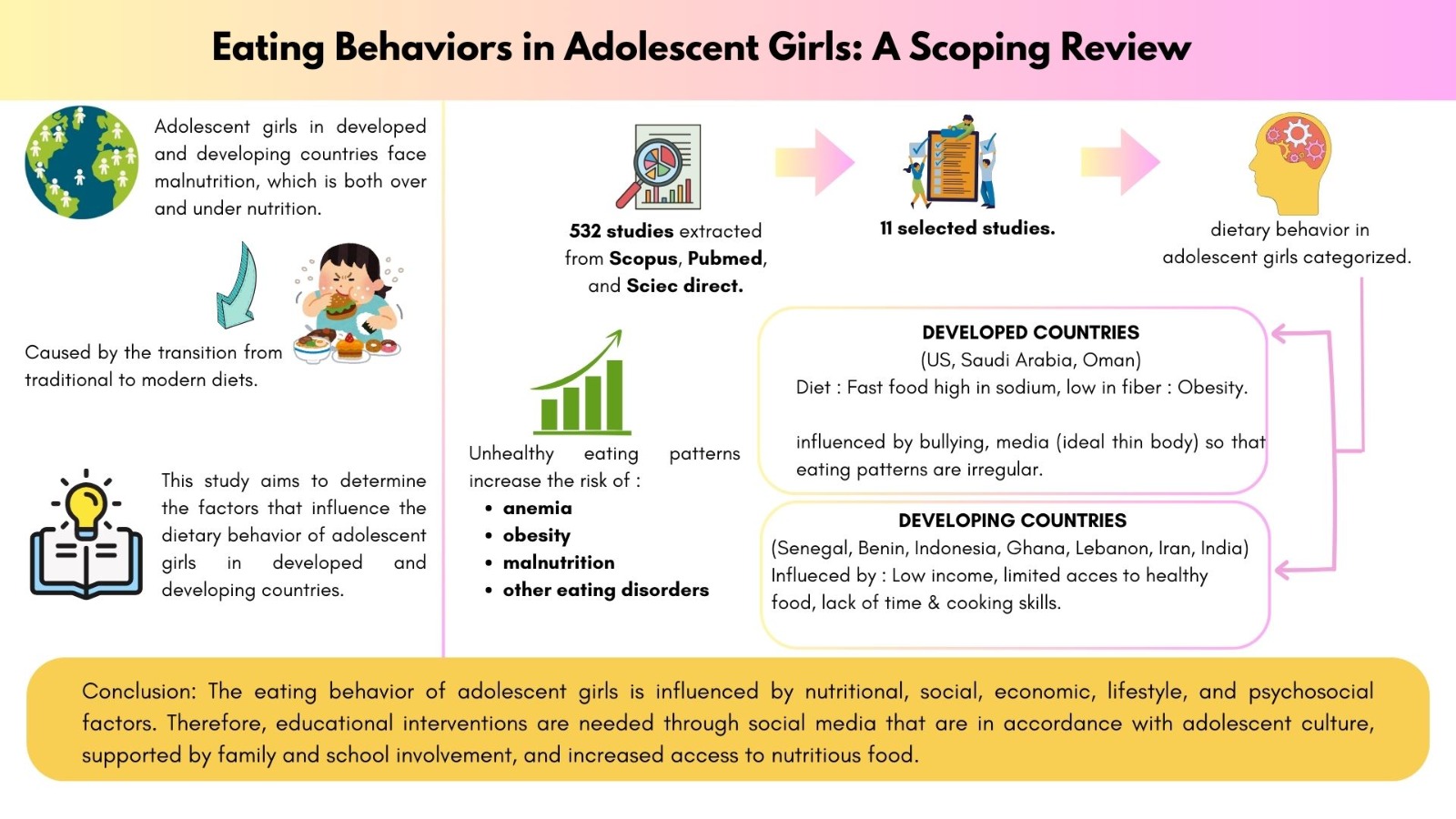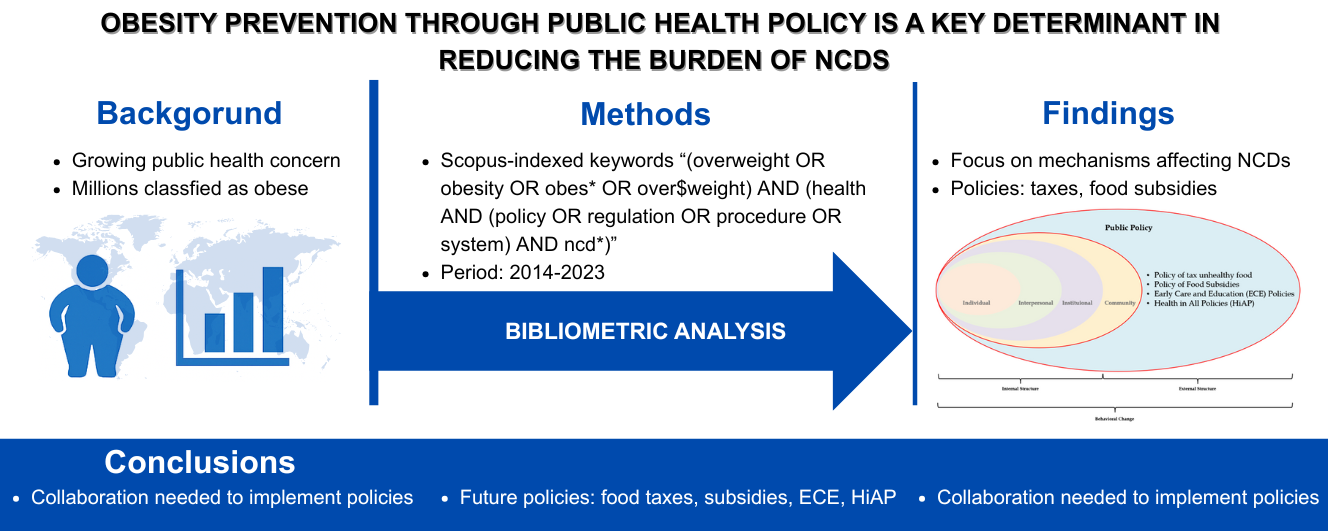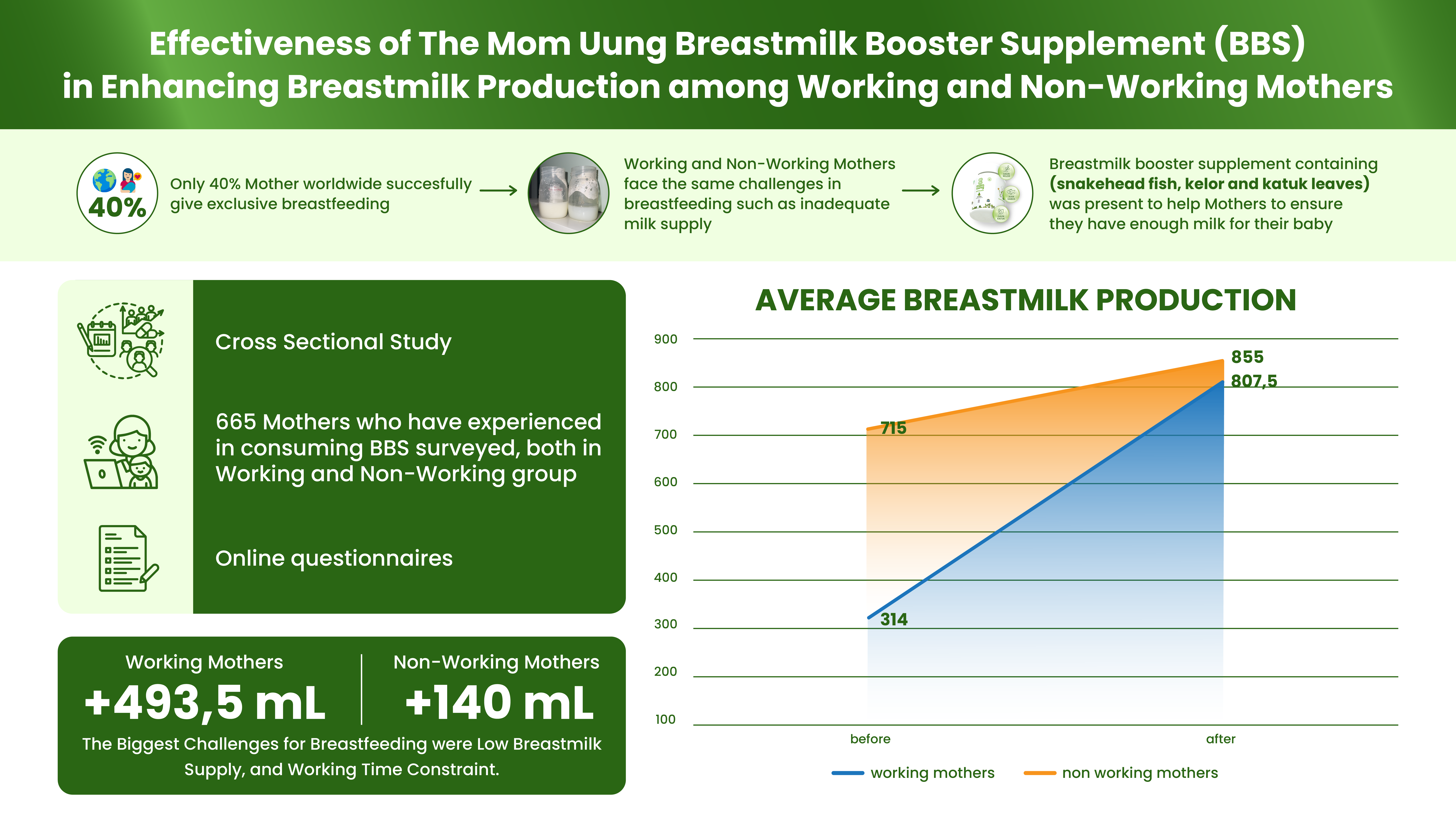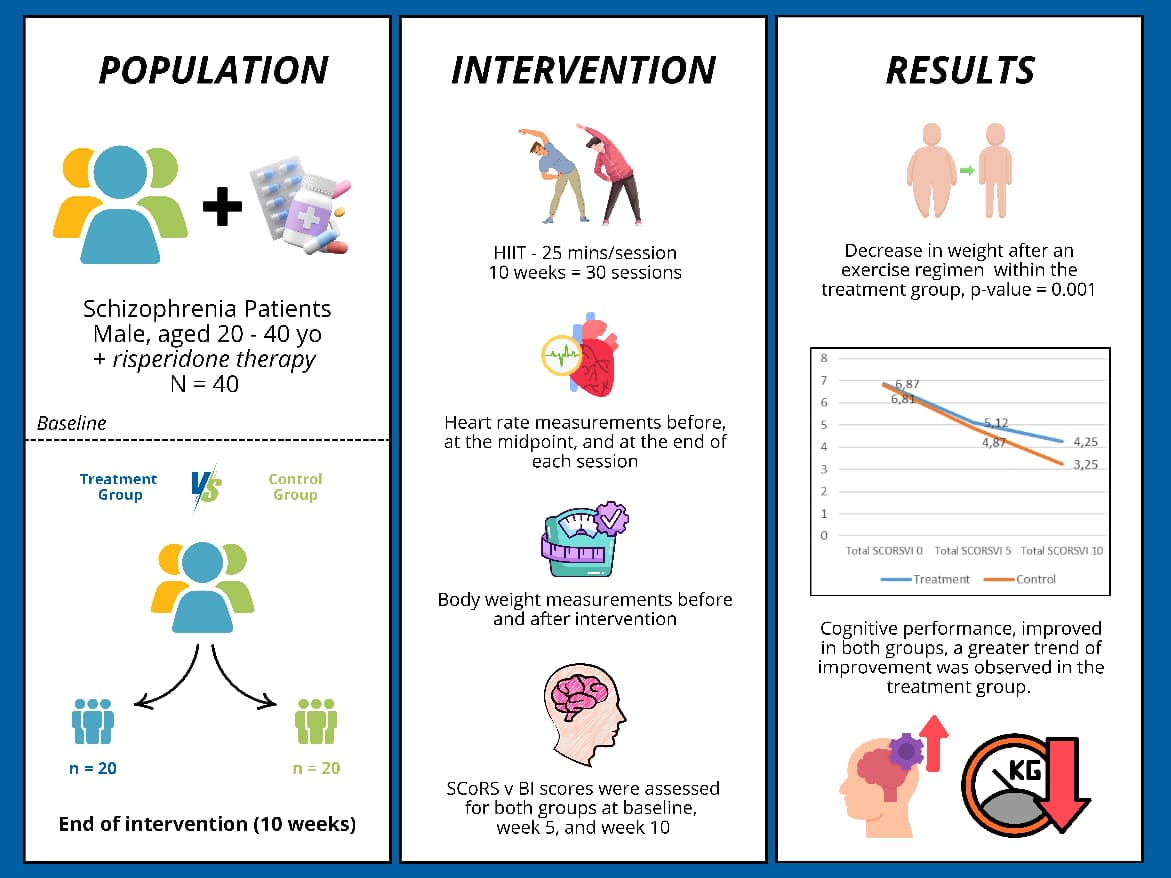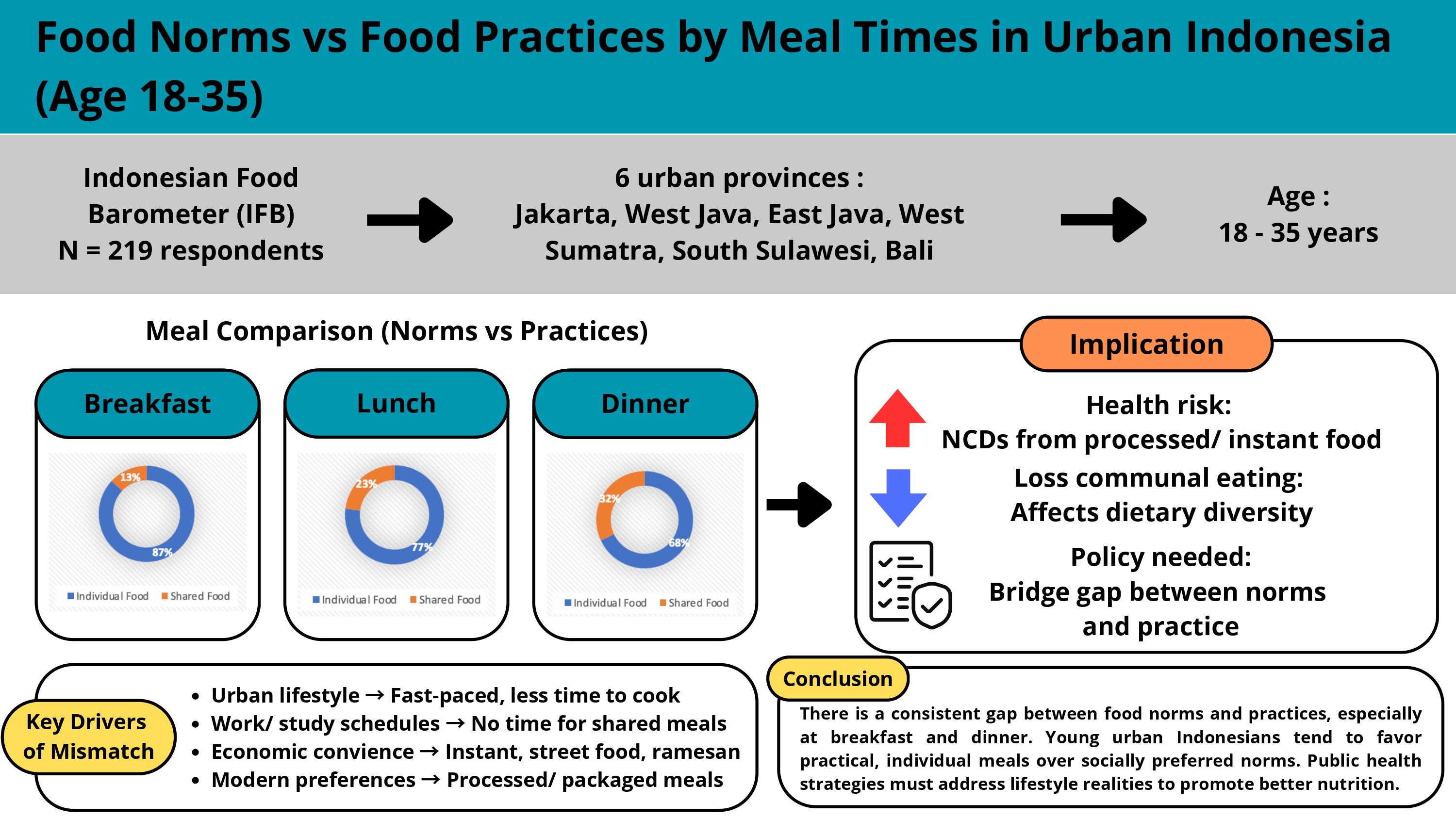PENINGKATAN PENGETAHUAN DAN SELF-EFFICACY UPAYA PENCEGAHAN COVID-19 MELALUI EDUKASI GIZI KONVENSIONAL Increased Knowledge and Self-Efficacy of COVID-19 Prevention through Conventional Nutrition Education
Downloads
The COVID-19 pandemic has impact on various sectors, especially in the health sector. Efforts to prevent COVID- 19 can be done through the application of health protocols and balanced nutrition intake. There were a lot of misinformations related to COVID-19 prevention that might be a risk of increasing positive rate cases. The aim of this study was to determine the effectiveness of conventional nutrition education on knowledge and self-efficacy of COVID-19 prevention efforts. Study subjects of this study were 23 adults aged 19-65 years and taken by total sampling method. Nutritional knowledge data were collected using a questionnaire containing ten questions, while self-efficacy was assessed by creating a structured questionnaire on a scale of 0-100. Conventional education was given in the form of lectures related to the role of balanced nutrition, hoaxes related to food to prevent or treat COVID-19, and other COVID-19 prevention efforts for 90 minutes. Before and after education data were analyzed using paired t-test with SPSS version 23. This study results showed that nutrition education significantly improves nutritional knowledge (mean score before and after = 69.6 + 10.2 and 85.7 + 10.4; p < 0.001), self-efficacy to apply a balanced nutrition pattern (mean scores before and after = 68.2 + 13.0 and 75.5 + 17.5; p = 0.014), and the self-efficacy of implementing the health protocol (mean score before and after = 82.3 + 7.8 and 87.0 + 6.8; p = 0.002). This research can be used as a benchmark for the importance of expanding the coverage of conventional nutrition education to the wider community.
Alyami, H. S., Orabi, M. A., Aldhabbah, F. M.,
Alturki, H. N., Aburas, W. I., Alfayez, A. I., ... & Alsuhaibani, N. A. (2020). Knowledge about COVID-19 and beliefs about and use of herbal products during the COVID-19 pandemic: A cross-sectional study in Saudi Arabia. Saudi Pharmaceutical Journal, 28(11), 1326-1332
Anjani, R. P., & Kartini, A. (2013). Perbedaan pengetahuan gizi, sikap dan asupan zat gizi pada dewasa awal (Mahasiswi LPP Graha Wisata dan Sastra Inggris Universitas Diponegoro Semarang) (Doctoral dissertation, Diponegoro University).
Bandura, A. (1994). Self-efficacy. In V. S. Ramachaudran (Ed.), Encyclopedia of human behavior (Vol. 4, pp. 71-81). New York: Academic Press. (Reprinted in H. Friedman [Ed.], Encyclopedia of mental health. San Diego: Academic Press, 1998).
Briliannita, A., Marlissa, I. I., & Kamaruddin, M. (2020). Pemberian edukasi tentang peran telegizi masa pandemi Corona Virus Disease-19 (Covid-19) Pada Petugas Gizi. Jurnal Abmas Negeri, 1(1), 29-36.
Hastri Royyani. Pentingnya Pengetahuan Gizi bagi Masyarakat. (2010). Retrieved from: http:// www.itb.ac.id/news/2754.xhtml
Herzog, R., & Cunningham-Rundles, S. (2015). Malnutrition, Immunodeï¬ciency, and Mucosal Infection. In Mucosal Immunology, 1461-1479. Academic Press.
Imron Arlado. (2020). Kabupaten Mojokerto Kembali Zona Merah. Retrieved from https://radarmojokerto.jawapos.com/ read/2020/12/31/232932/kabupaten-mojokerto- kembali-zona-merah pada 8 Februari 2021
Kemenkes RI. (2019). Hasil Riset Kesehatan Dasar Jawa Timur 2018. Jakarta: Kemenkes RI
Kemenkes RI. (2020). Pedoman Pencegahan dan Pengendalian Coronavirus Disease (COVID- 19). Jakarta: Kemenkes RI
Khomsan, A. (2000). Teknik pengukuran pengetahuan gizi. Bogor, Indonesia: IPB Press.
Maggs DJ, Collins BK, Thorne JG. Effects of L-lysine and L-arginine on in vitro replication of feline herpesvirus type-1. Am J Vet Res. 2000 6(12):1474-8.
Nanik Kristianti. Hubungan Pengetahuan Gizi dan Frekuensi Konsumsi Fast Food dengan Status Gizi Siswa SMA Negeri 4 Surakarta. (2009). Retrieved from http://etd.eprints.ums. ac.id/4021/1/J310040004.pdf
PT2M Kemenkes. 2019. Batasan Konsumsi Gula Garam dan Lemak. Jakarta:
Kemenkes RI Pemerintah Provinsi Jawa Timur. (2021). Peta
Sebaran COVID-19 Jawa Timur. Retrieved from http://infocovid19.jatimprov.go.id
Perangkat Desa Ketapanrame. 2020. Proï¬l desa ketapanrame (Data Sekunder). Mojokerto: Perangkat Desa Ketapanrame
Permatasari, T. A. E., Turrahmi, H. H., & Illavina,I. (2021). Edukasi gizi seimbang pada masa pandemi covid-19 sebagai pencegahan balita stunting bagi kader Posyandu. AS-SYIFA: Jurnal Pengabdian dan Pemberdayaan Kesehatan Masyarakat, 1(2), 67-78.
Saidin, M. (2000). Kandungan kolesterol dalam berbagai bahan makanan hewani. Buletin Penelitian Kesehatan, 27(2).
Satgas COVID-19. (2021). Peta Sebaran COVID-
Retrieved from https://covid19.go.id/peta- sebaran-covid19
Satuan Tugas Penanganan COVID-19. (2021). Hoax Buster. Retrieved from https://covid19. go.id
Schunk, F. Pajares. (2010) International Encyclopedia of Education (Third Edition).
Shetty P. (2010). Nutrition, Immunity and Infection. Cambridge, the UK: Cambridge University Press.
Simonnet, A., Chetboun, M., Poissy, J., Raverdy, V., Noulette, J., Duhamel, A., ... & Verkindt, H. (2020). High prevalence of obesity in severe acute respiratory syndrome coronavirus"2 (SARS"CoV"2) requiring invasive mechanical ventilation. Obesity, 28(7), 1195-1199.
Wischmeyer, P. E. (2017). Tailoring nutrition therapy to illness and recovery. Critical Care, 21(3), 15-25.
World Health Organization. (2020). Tools to Fight COVID-19. Geneva: WHO
Zhong, B. L., Luo, W., Li, H. M., Zhang, Q. Q., Liu,X. G., Li, W. T., & Li, Y. (2020). Knowledge, attitudes, and practices towards COVID-19 among Chinese residents during the rapid rise period of the COVID-19 outbreak: a quick online cross-sectional survey. International journal of biological sciences, 16(10), 1745.
de Heredia, F. P., Gómez-Martínez, S., & Marcos,A. (2012). Obesity, inflammation and the immune system. Proceedings of the Nutrition Society, 71(2), 332-338.
Copyright (c) 2021 Media Gizi Indonesia

This work is licensed under a Creative Commons Attribution-NonCommercial-ShareAlike 4.0 International License.
- MEDIA GIZI INDONESIA Journal is the copyright owner of all materials published on this website.
- The formal legal provisions for access to digital articles of this electronic journal are subject to the terms of the Creative Commons Attribution-NonCommercial-ShareAlike license (CC BY-NC-SA 4.0), which means that MEDIA GIZI INDONESIA Journal and readers reserve the right to save, transmit media / format, manage in database, maintain, and publish articles as long as it continues to include the name of the Author.
- Printed and published print and electronic manuscripts are open access for educational, research and library purposes. In addition to these objectives, the editorial board shall not be liable for violations of copyright law.


2.png)















